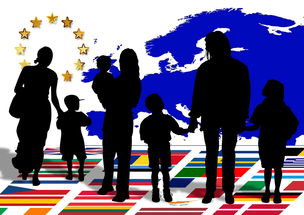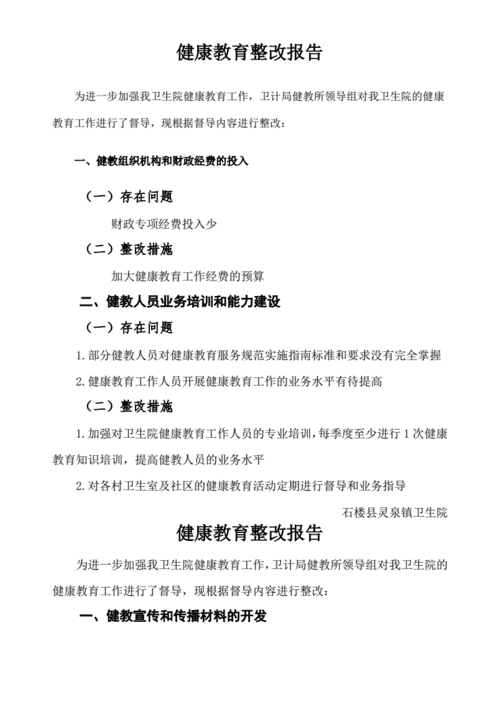艾滋病初期症状图片大全早期症状
Title: Understanding Early Symptoms of HIV/AIDS
Understanding Early Symptoms of HIV/AIDS
HIV/AIDS is a serious health condition that affects millions of people worldwide. Recognizing the early symptoms is crucial for timely diagnosis and treatment. Here, we'll explore the initial signs of HIV/AIDS and provide guidance on what to do if you suspect you or someone you know may be infected.
One common early symptom of HIV/AIDS is persistent fatigue and weakness. Individuals may feel unusually tired even after adequate rest. This fatigue can interfere with daily activities and may not improve with rest or sleep.
Another early sign is recurrent fever, often accompanied by night sweats. These fevers may come and go over several weeks. Night sweats can be severe, soaking the bedclothes and disrupting sleep.
Swollen lymph nodes, particularly in the neck, armpits, or groin, can be an indicator of HIV infection. Lymph nodes may become enlarged as the body tries to fight off the virus. These swollen glands are usually painless.
Early HIV infection can also manifest as a sore throat and headaches. These symptoms may be mistaken for those of a common cold or flu. However, if they persist for an extended period, especially in combination with other symptoms, HIV should be considered.
A rash may develop in the early stages of HIV infection. It can appear as small, red bumps or as larger, flat lesions. The rash is typically nonitchy and may affect any part of the body.
Gastrointestinal symptoms like nausea, vomiting, and diarrhea can occur early in HIV infection. These symptoms can lead to dehydration and electrolyte imbalances if not managed properly.
Unexplained weight loss is a significant indicator of HIV/AIDS. Individuals may experience a decrease in appetite and unintentional weight loss, which can be a result of the virus affecting the body's ability to absorb nutrients.
Thrush, a fungal infection of the mouth and throat caused by Candida, is common in individuals with HIV/AIDS. It presents as white patches on the tongue, mouth, or throat and can be painful or uncomfortable.
If you or someone you know is experiencing any of these symptoms and suspect HIV/AIDS infection, it's essential to seek medical advice promptly. A healthcare provider can perform tests to confirm the diagnosis and recommend appropriate treatment.

Additionally, early detection of HIV infection is crucial for better treatment outcomes. Modern HIV treatments can effectively control the virus, allowing individuals to live long and healthy lives. Furthermore, early diagnosis also helps prevent the transmission of HIV to others.
Remember, HIV/AIDS does not discriminate based on age, gender, or sexual orientation. Anyone can be at risk, so it's essential to know the signs and take proactive steps towards prevention, testing, and treatment.
Stay informed, stay vigilant, and prioritize your health.











